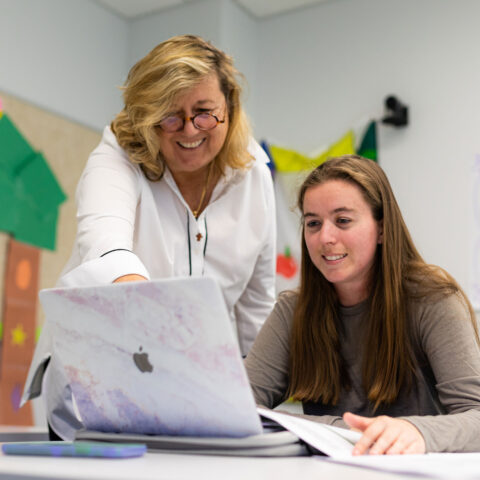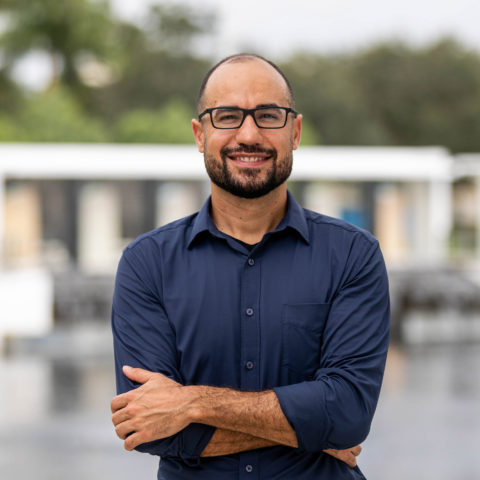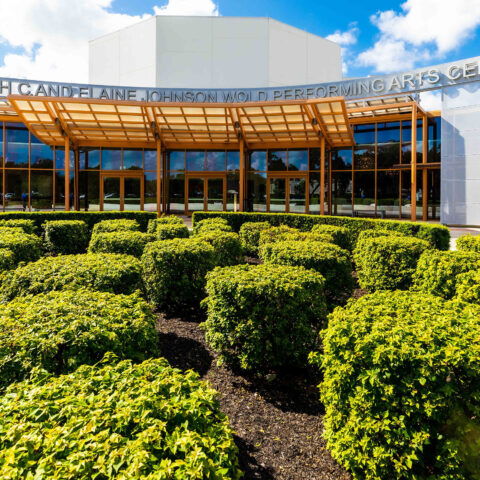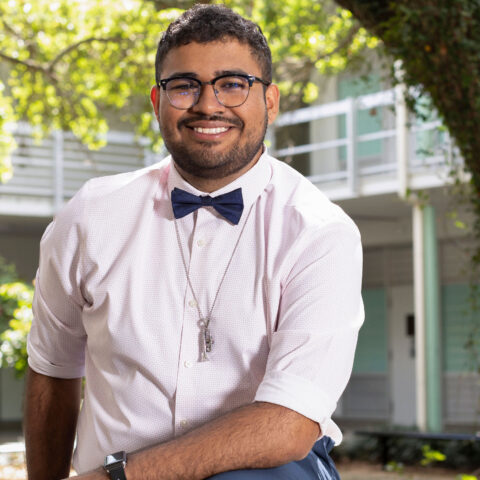Dr. Marchéta Wright, professor of international relations, grew up on what traditionally had been Seneca territory in Cuba, New York, which helped her adopt an understanding for Native Americans and indigenous peoples at a young age. After joining the Model United Nations team her freshman year at Thiel College, Wright decided to pursue political science as a major. During graduate school her interests in human rights and the environment crystallized and became the cornerstone of her professional career.
Over the years, she has continually advocated for global equality and sustainability by conducting research, directing the international relations program at Canisius College and teaching at the postsecondary level. In her 12 years at Lynn, Wright has further developed her views as a human rights advocate, educating the community along the way.
“Balancing teaching, research and service remains a challenge that probably will never truly be overcome,” she said.
In 2015, Wright received the Kathleen Cheek-Milby Faculty Fellowship award. Shortly thereafter, she focused her career-long research in human rights of indigenous peoples, gender roles and the environment on “investigating the ways in which local communities identify and address problems related to living in marginalizing conditions.” The research has taken place in Kenya, upstate New York, southern Ontario and India.
Tell us about your research.
I am focusing on environmental conditions such as water availability and quality, food security and potential conflicts between human, flora and fauna needs. All of this is placed in the broad context of human rights, in particular: indigenous peoples and the impact of gender in political decision-making surrounding these issues.
How have you conducted the research?
I traveled to, and stayed in, various rural and urban communities. The purpose was to speak with local leaders and community members about their perceptions of environmental conditions and solutions they have undertaken or will pursue in the future. I also have met and spent considerable time with various nongovernmental organizations (NGOs) related to these issues. Thus, my research is essentially qualitative rather than quantitative in nature—although various statistical materials are being incorporated.
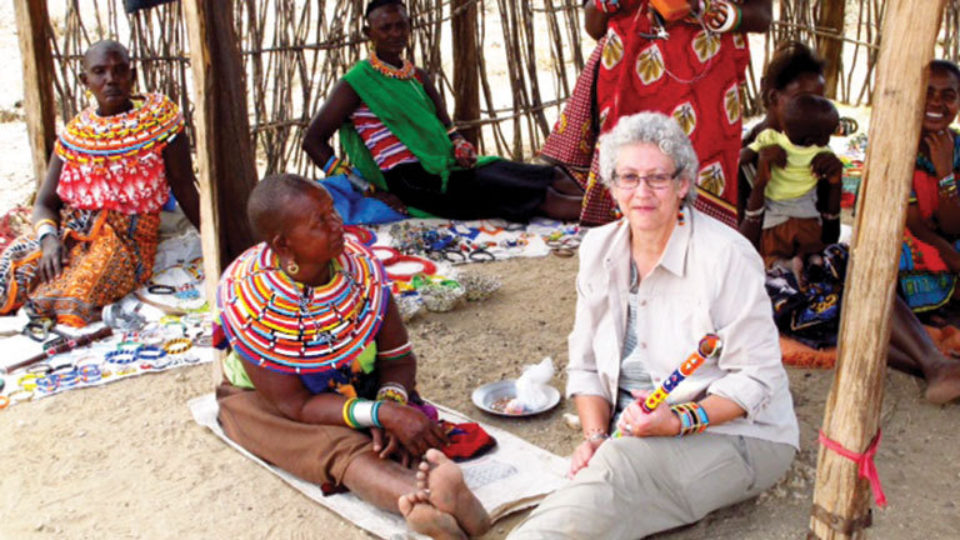
Has your approach changed from place to place?
In each research location, unexpected opportunities arose that expanded, shaped and clearly enhanced my planned lines of inquiry. One example occurred in Kenya. I was able to meet with the staff of Save the Elephants—an NGO based in Samburu territory—to learn more directly about poaching and the role of local communities in stopping it. A second example comes from Ladakh. I spent several days living with a family in Basgo village. In addition to the added conversations, I observed firsthand their efforts in environmental protection and sustainability.
What do you hope to accomplish with your findings?
Ultimately, I hope to add to previous research in these areas. In the past, I have concentrated most of my research at the global level through attending various United Nations and Organization of American States sessions. The sessions were for the purpose of drafting and adopting the Declaration on the Rights of Indigenous Peoples, as well as its regional counterpart.
What are your goals?
Broadly speaking, to leave things in better shape than when I arrived. My parents taught me to clean up after myself, and others if needed. I have tried to take that advice to heart in all aspects of what I do.
What’s your favorite way to de-stress?
I find a quiet place in the woods or ride my bike. I typically crochet and read good science fiction.
What is your definition of living a good life?
Having as little negative environmental impact as possible.
Is there anything else you’d like to share?
As a personal note, and somewhat surprisingly, in Ladakh, crocheting has been critically important in creating the necessary trust situations for meaningful conversations. While I took a small project with me to pass the time during long flights, it seems the Ladakhi women are fascinated with it. They are, in their own right, accomplished spinners, weavers and knitters, but crocheting is new to them. This cross-cultural sharing rapidly created a set of bonds that led to many more meaningful conversations.

